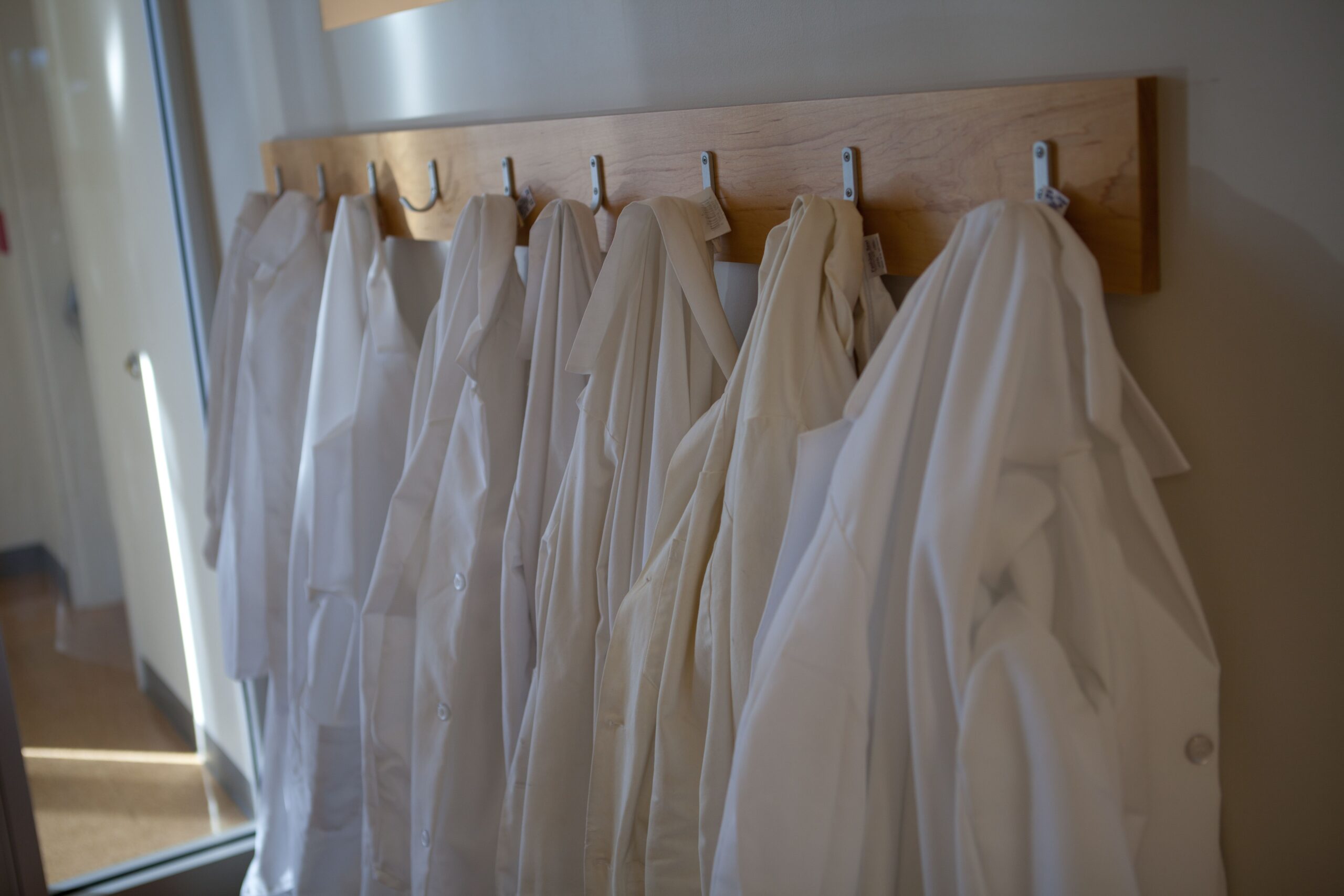
IGI’s Women in Enterprising Science Program Welcomes Four New Fellows
The 2023 entrepreneurs are focused on scalable approaches to real-world problems using genomics
The Innovative Genomics Institute (IGI) welcomed a new cohort of Fellows for the HS Chau Women in Enterprising Science Program (WIES), a unique program designed to promote gender equity in bio-entrepreneurship. The WIES program, located in a custom-built laboratory and office space in the IGI building on the UC Berkeley campus, supports innovative thinkers whose work aligns with the mission of the IGI to advance genome research for a better world, and helps them develop their ideas into new commercial ventures.
For the 2023 cohort, four entrepreneurs were selected. The Fellows will be provided with up to $150,000 in support for the first year to develop their research into an early-stage entrepreneurial concept, as well as laboratory space, access to an unrivaled network of advisors, and a tailored curriculum in entrepreneurship. At the end of the first year, up to two Fellows will be selected by the HS Chau Foundation to enter the second year as WIES Entrepreneurs, where they may receive up to $1 million dollars in seed funding. The new cohort will begin their research and entrepreneurial programming in September at the IGI.
The new Fellows are pursuing a wide range of topics from epigenome editing to infant microbiomes, but they are united in their pursuit of platform approaches that can help CRISPR and other genomic technologies scale to address real-world problems, and in the goal of increasing the representation of women in biotech. We are pleased to introduce the 2023 WIES Fellows:
Derfogail Delcassian
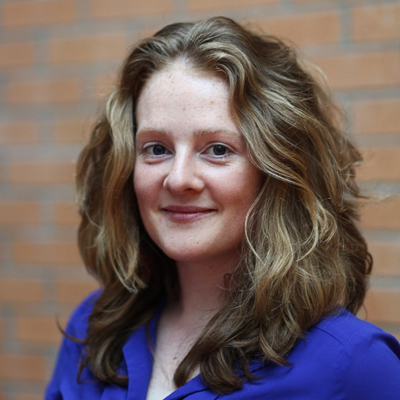
Derfogail Delcassian is an Assistant Professor in the Department of Bioengineering at UC Berkeley. She is developing a new approach for long-term genetic reprogramming using mRNA for transient protein expression to regulate the epigenome. As a WIES fellow, she plans to pilot her idea using a melanoma model to understand how tumor immune cell behavior changes following receiving mRNA that encodes epigenetic modifying enzymes. In this study, Delcassian will examine the role of macrophages in the immune response to cancer. If successful, this would be a new platform technology bridging the gap between the transient nature of mRNA therapeutics and the permanence of genome editing and could be used to treat many diseases and apply to a number of fields including tumor biology and immunology.
Alice Refermat
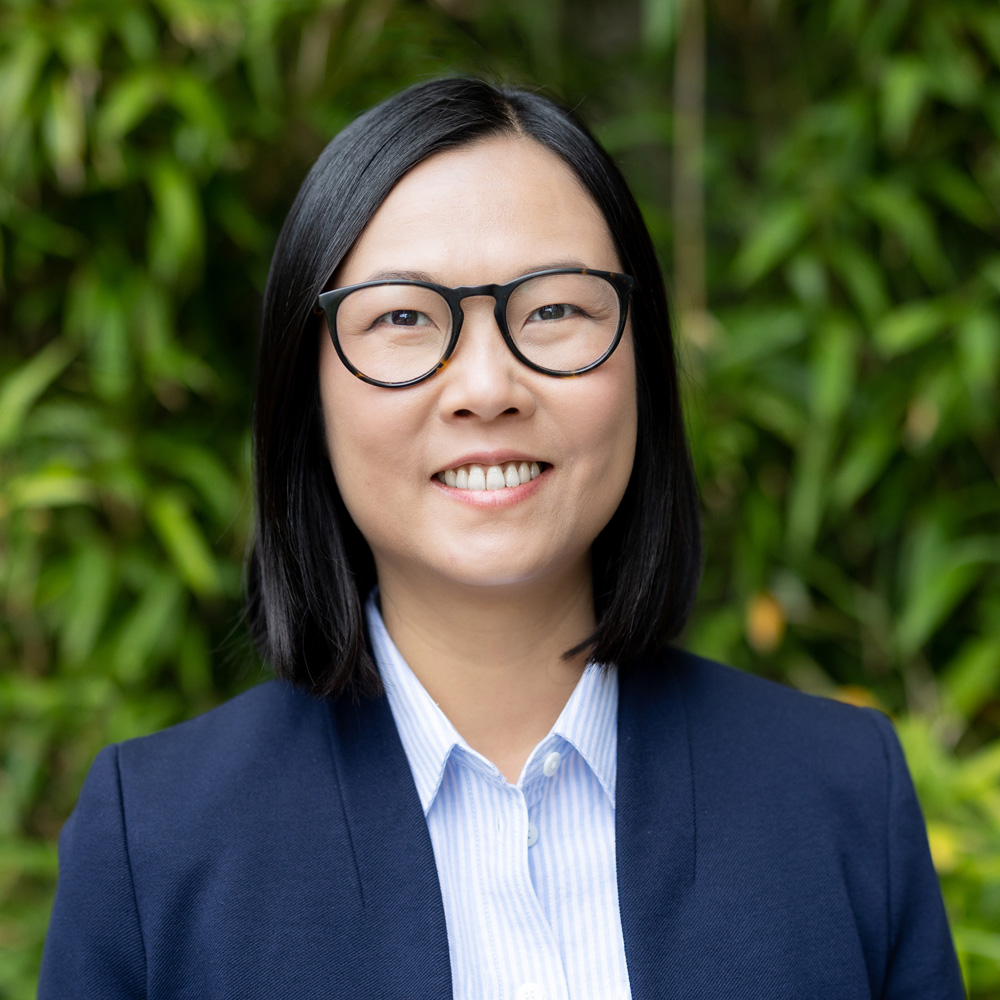
Alice Refermat is currently the Director of the Center for CRISPR Target Discovery at the IGI. She co-invented a platform technology, ZFPOFF, for heritable epigenetic gene repression using artificial zinc-finger proteins. As a WIES fellow, she proposes to use this technology to develop a treatment for KRAS-based cancers. Alterations in the KRAS gene are found in 23 percent of all adult cancers, including a high percentage of lung, pancreatic, and colorectal cancers. Several cancer-causing mutations in KRAS still have no specific drug available, leaving patients with limited treatment options. If successful, Refermat believes this technology could be translated to treat other cancers associated with other cancer-driving genes that currently lack specific treatments.
Yue Clare Lou
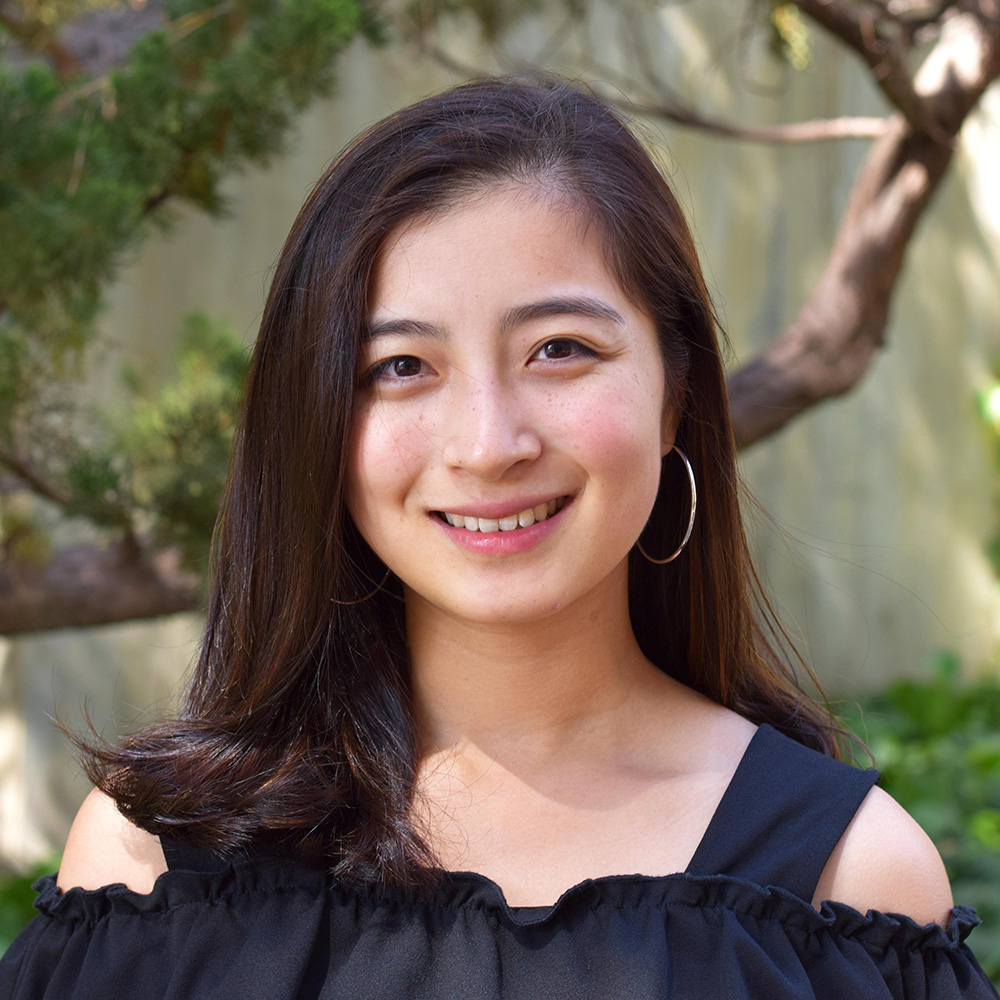
Yue Clare Lou is currently completing her Ph.D. in the laboratory of Jill Banfield, Director of Microbiology at the IGI, before starting her fellowship in Fall. Lou studies the relationship between the gut microbiome and infant health. She recently led the development of a gut microbiome diagnostic platform and has published a proof-of-concept preprint in which she demonstrated that functional predictions from metagenomic analyses of infant microbiomes could be tested and recreated experimentally using cultivated microbiomes. Specifically, her work describes how microbial communities, which are specific to each individual, work together to metabolize oligosaccharides in human milk. Her work emphasizes the importance of supplementing individualized interventions as each infant (and also adult!) is colonized by a unique collection of gut microbes. As a WIES fellow, Clare will expand the platform she developed to identify additional infant gut microbial markers that can be leveraged to guide personalized microbiome interventions.
Kelsey Hern
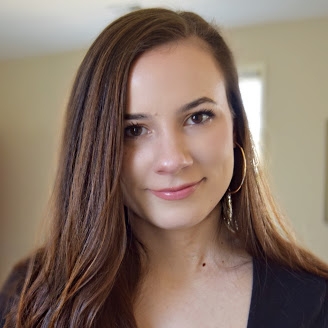
Kelsey Hern is currently completing her Ph.D. in Prof. Adam Arkin’s lab at UC Berkeley before starting her fellowship in Fall. Hern is working on the identification of airway microbiome constituents that require only a single dose to stably colonize the lung and act as probiotics by preventing death from respiratory infections. As a WIES fellow, she proposes to build on her dissertation work to develop a platform that will enable the prevention and continuous monitoring of various respiratory diseases. She plans to pilot this idea in lung cancer. Hern is excited to be colleagues with the team at IGI’s Berkeley Initiative for Optimized Microbiome Editing (BIOME), which will be extremely beneficial to achieving her goals.
For more information on the WIES program, visit the WIES program webpage.
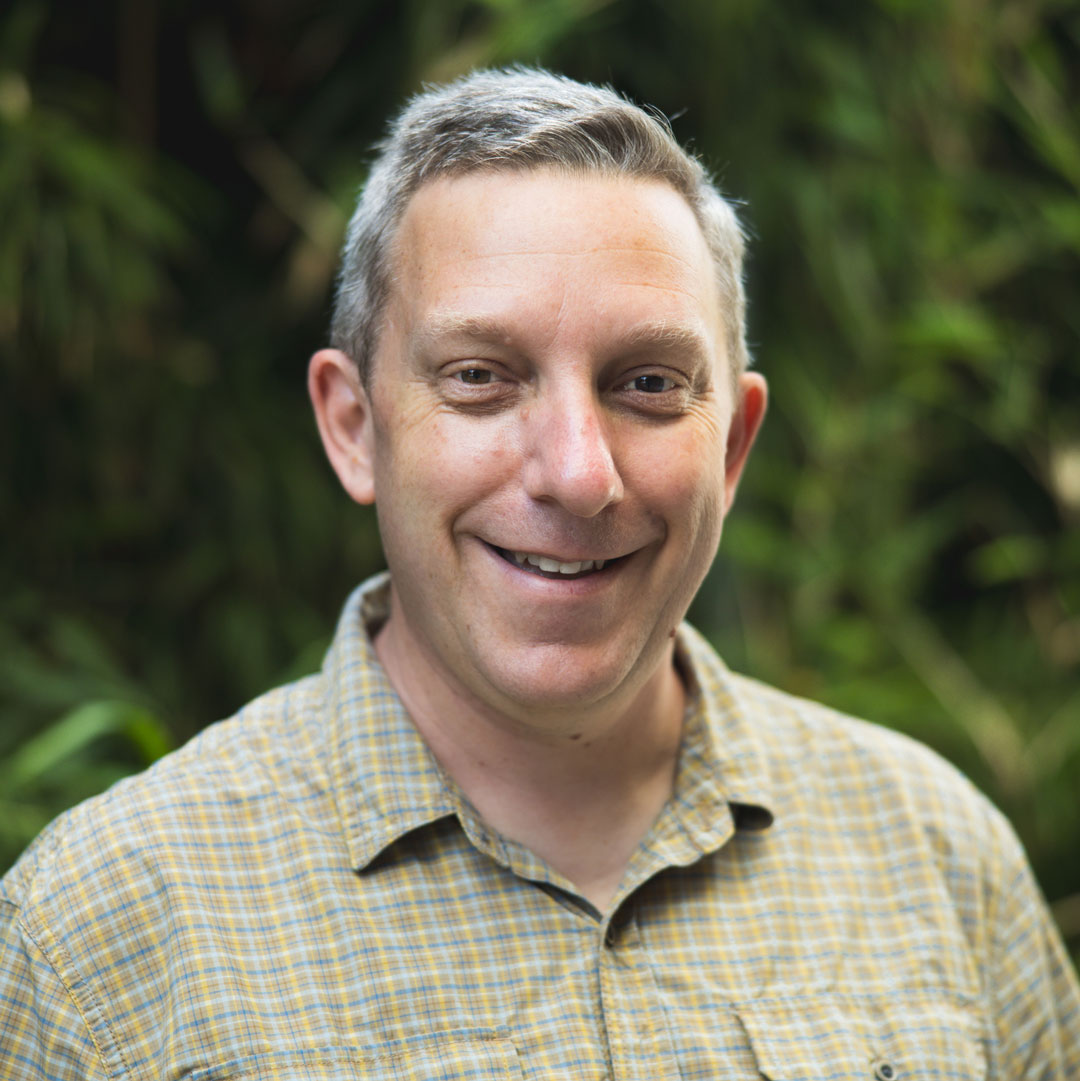 By
Andy Murdock
By
Andy Murdock

